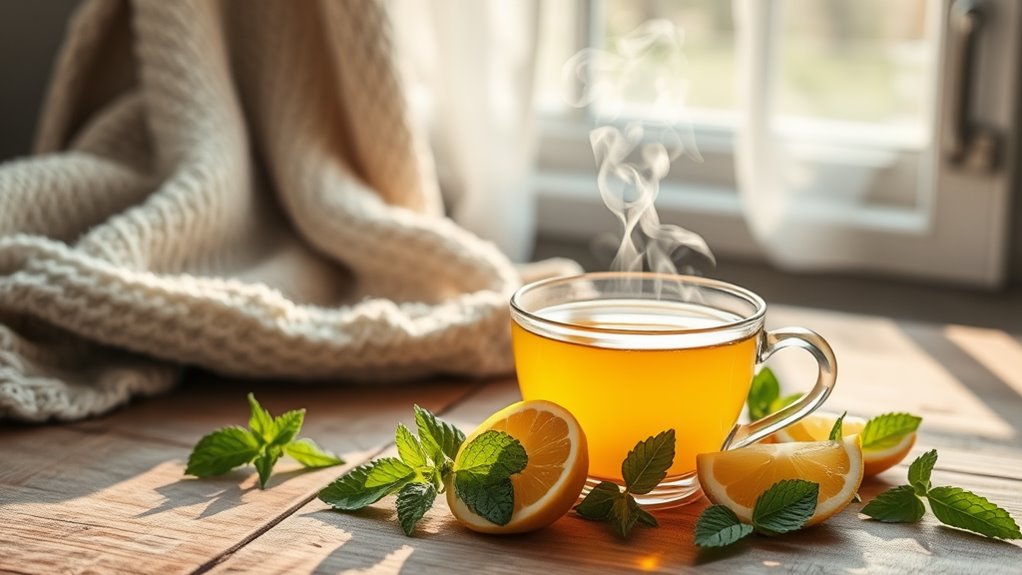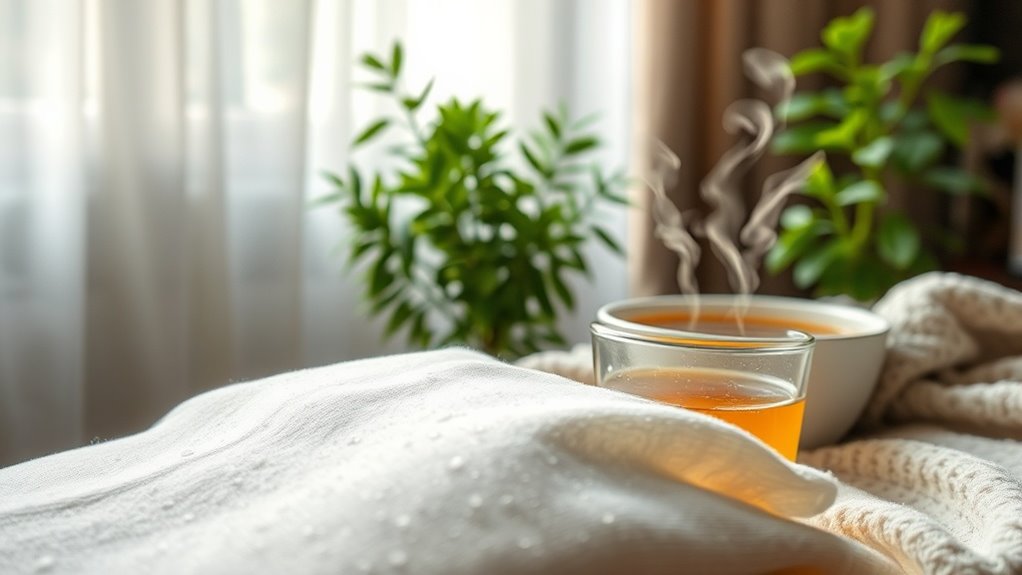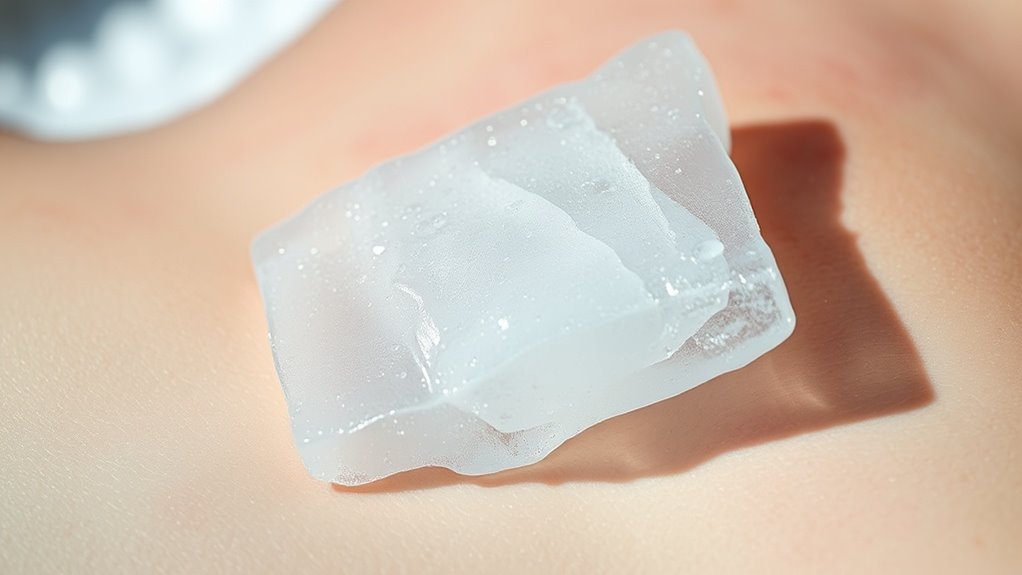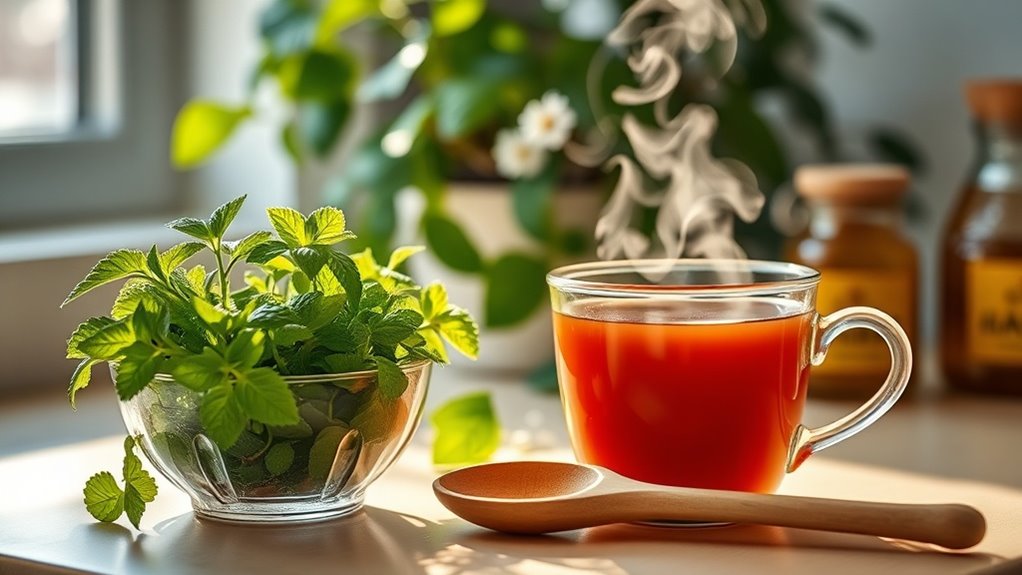Here are four key points to keep in mind:
- Scientific Backing: Research supports the effectiveness of herbs like elderflower and ginger in lowering fevers.
- Fewer Side Effects: Many herbal remedies have milder side effects compared to pharmaceuticals.
- Holistic Approach: They often address underlying issues, promoting overall wellness.
- Cultural Tradition: Many cultures have successfully used herbal treatments for generations, reinforcing their credibility.
Explore these options, but always consult with a healthcare professional first!
Traditional Medicine Practices
Traditional medicine practices have long been a cornerstone of health care in many cultures, offering valuable insights into natural remedies. You’ll find that various traditions emphasize the use of local herbs, dietary adjustments, and holistic approaches. Here’s a quick comparison of some common practices:
| Practice | Region |
|---|---|
| Ayurveda | India |
| Traditional Chinese Medicine | China |
| Native American Healing | North America |
These practices not only provide remedies but also foster a deeper understanding of health, emphasizing balance and prevention, which can enhance your overall well-being naturally.
Scientific Studies Overview
Research into natural remedies has gained significant traction in recent years, revealing a wealth of evidence supporting their effectiveness.
Here are four key findings:
- Herbal Infusions: Studies show that ginger and chamomile can reduce inflammation and aid in fever reduction.
- Hydration: Research confirms that warm fluids can help maintain hydration, vital for fever recovery.
- Essential Oils: Eucalyptus oil has been linked to lower body temperatures and improved respiratory function.
- Mind-Body Connection: Practices like yoga and meditation can enhance immune response, aiding recovery during fever episodes.
These findings suggest that natural remedies offer substantial support in managing fevers effectively.
Tips for Using the Remedy Safely and Effectively
When you’re looking to use a warm remedy for fever, it’s crucial to follow some key guidelines to guarantee safety and effectiveness.
First, make sure the remedy’s temperature is comfortable—too hot can cause burns. Next, stay hydrated; drinking fluids helps regulate your body temperature. Use the remedy for short durations, around 20-30 minutes, to avoid overheating. Monitor your symptoms closely; if your fever persists or worsens, consult a healthcare professional. Additionally, staying hydrated is key for home treatment, especially when managing a fever.
Finally, combine the remedy with rest to support your recovery.





